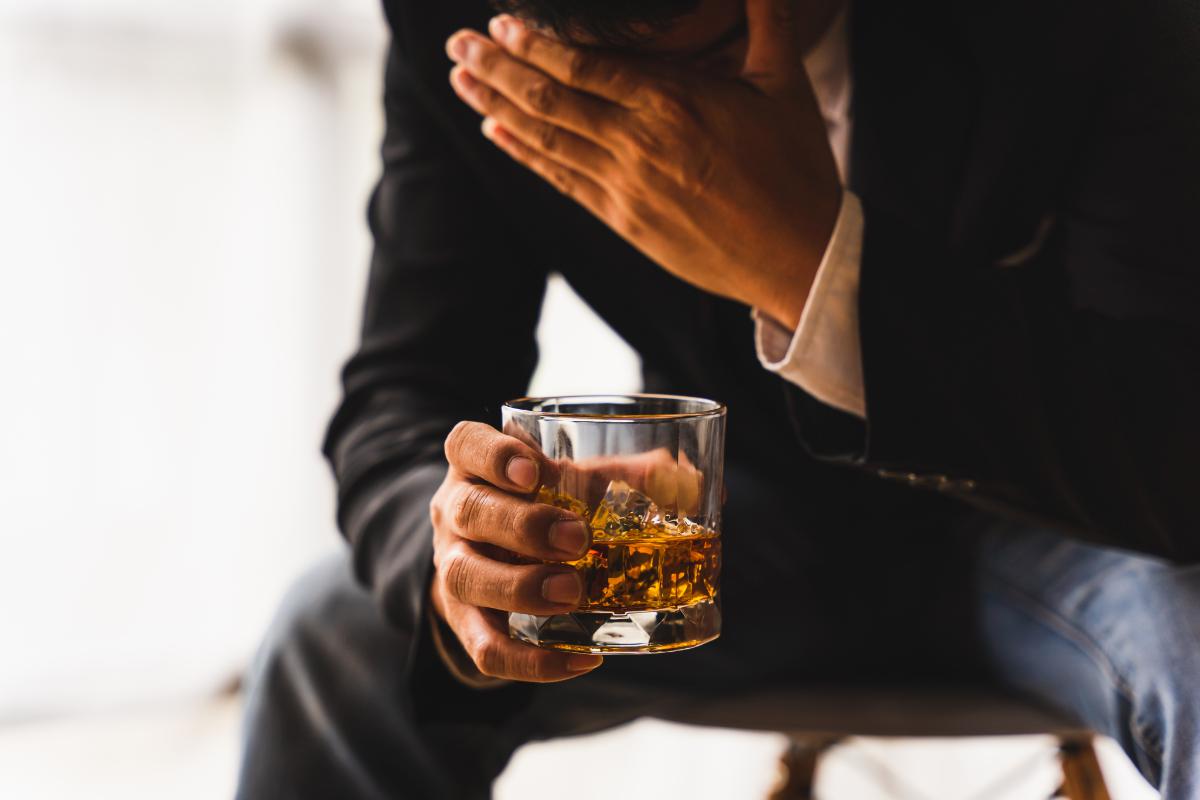A poison is defined as any substance that can enter your body and is harmful to it. Toxins can be swallowed, inhaled, absorbed, or injected. Poisoning always results in some level of illness and, depending on the toxin, can lead to death. Anyone who has experienced alcohol intoxication may be familiar with the day-after symptoms that can feel like recovering from the poisoning. Your body is trying to eliminate the residual alcohol by sweating and vomiting. Your symptoms of nausea, headache, and exhaustion are responses to the toxicity of the drink. Think about it: the root of the word intoxication is toxic. All mind-altering substances, from alcohol to meth, are toxins. Some recreational drugs, like fentanyl, can cause immediate death in the right dose. Alcohol poisoning sneaks up on you. If you are concerned about your experience with alcohol use, abuse, and poisoning, consider seeking alcohol addiction treatment.
Pennsylvania Teen & Adult Challenge (PAATC) is an alcohol addiction treatment program in Pennsylvania that has been helping adults and teenagers reach recovery from alcohol use disorder (AUD). Binge drinking and alcohol poisoning are common among younger adults and teens and can lead to addiction- a chronic illness without a cure – but it can be treated. Getting help sooner rather than later can make a difference and get you on the road to recovery quickly. Find out more about alcohol poisoning, addiction, and treatment by calling us at 844.442.8673 or completing this online form.
What Is Alcohol Poisoning?
Every drug will affect people differently depending on its toxicity, the amount taken in, and the person’s size. Alcohol poisoning happens when the level of alcohol in your bloodstream is too high and your body – primarily your brain and nervous system – begins to shut down. The body systems controlled by the autonomic nervous system, like breathing and heartbeat, can slow to dangerous levels.
Some of the signs of alcohol poisoning also called alcohol overdose, include the following, in order of escalating severity:
- Poor coordination, tripping, falling
- Clammy skin
- Severe confusion
- Vomiting
- Inability to stay alert or awake
- Seizures
- Skin that is extremely pale or has a bluish hue
- Reduced breath rate (anything below eight breaths per minute) or 10+ second pauses between breaths
- Slowed heartbeat
- Low internal temperature
- Dulled reflexes, e.g., gag reflex
Further injury or even death can result from some of the complications that arise, such as:
- Brain damage
- Violent seizures
- Hypothermia
- Dehydration
- Choking on vomit
- Heart attack
- Coma
You may have experienced alcohol poisoning once due to various reasons unrelated to addiction. But if you have experienced this level of toxicity from drinking more than once, consider that a red flag telling you to get help.
Alcohol Poisoning and Binge Drinking
Binge drinking puts people at risk and is the leading cause of alcohol poisoning. Five or more drinks in a two-hour period are considered bingeing for a man. For a woman, it’s four drinks. Extreme bingeing of eight to ten drinks in two hours can and does occur, and the risk for overdose is even higher at that point.
Risk factors of binge drinking can be increased or mitigated depending on:
- General health – if you have health issues, such as hypertension, liver disease, or diabetes, you’re more at risk for alcohol toxicity
- Body size – small men or tall women will respond differently to different quantities of alcohol
- Drinking speed – the faster you drink, the more likely you are to experience poisoning
- Food consumption – if you have not eaten in a long time, you will become intoxicated more quickly
- Alcohol tolerance – regular drinkers, may hit toxic levels later than those who drink less frequently
- Other mind-altering substances – if you take other drugs, including cocaine, meth, benzos, or opioids, your body will experience poisoning much sooner.
Social pressures often increase the risk of binge drinking among teens and young adults. Pre-gaming is a way to become intoxicated before going out and is popular among teens who are not of legal drinking age. They drink very quickly in the privacy of their dorm, home, or car. This is bingeing. Also, the pressure to prove they are adults, part of the in-group, not a flake, wuss, or weakling – this stress cannot be overlooked. You may have become tolerant or even addicted to alcohol simply by trying to find your niche within your social group. Do not be defined by your relationship to alcohol. You deserve to be well and live a happy, balanced life.
PAATC Can Help with Alcohol Use Disorder
However you developed your AUD, whether, through binge drinking, secret drinking, or simply a gradual escalation from social drinking to addiction, help is here. PAATC offers evidence-based therapies and treatments in a safe setting. Our compassionate, highly skilled, experienced, and professional staff is here to usher you towards your recovery. Learn more by calling 844.442.8673 or filling out our easy online form.







